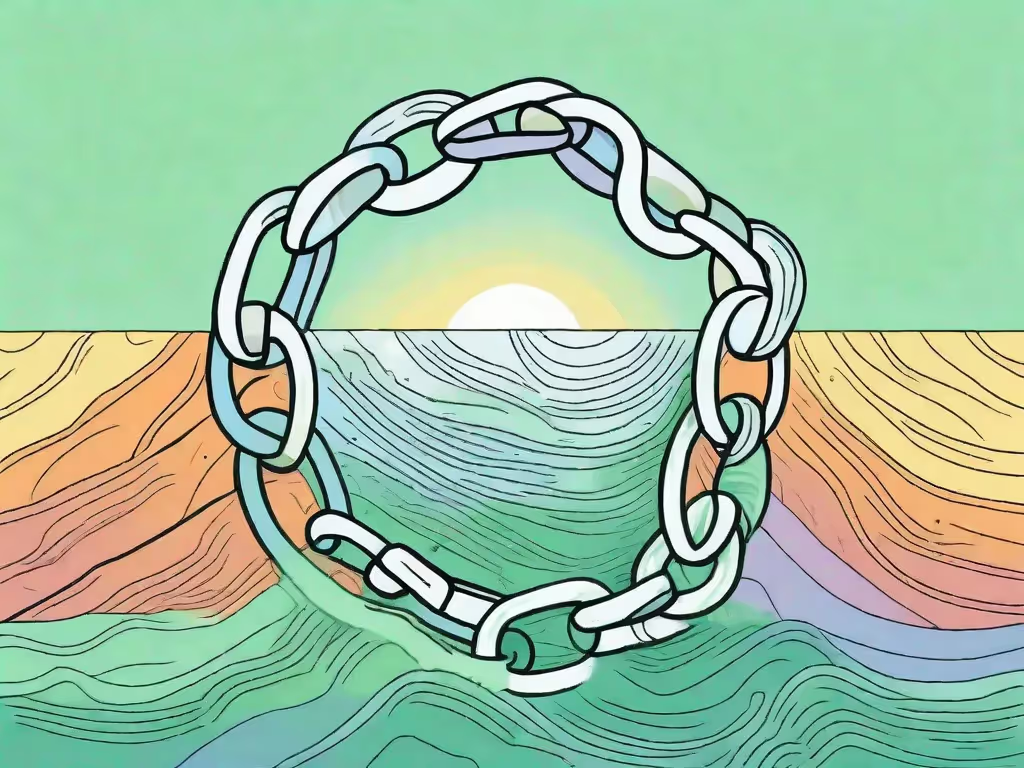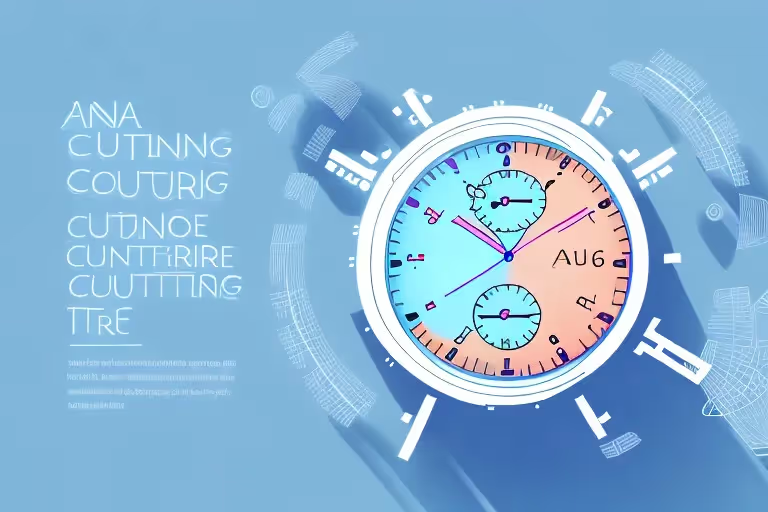Family dynamics play a crucial role in shaping our identities and influencing our emotional well-being. However, not all family relationships are positive and nurturing. In some cases, toxic family dynamics can inflict significant harm on individuals, leaving them feeling trapped and emotionally drained. It is essential to recognize the signs of toxicity and know when to draw the line for the sake of our own well-being.
Understanding Toxic Family Dynamics
Family dynamics play a crucial role in shaping our lives and relationships. While many families provide a nurturing and supportive environment, others may be plagued by toxic patterns of behavior that hinder emotional growth and well-being. Toxicity in family relationships can manifest in various ways, such as emotional manipulation, control, persistent negativity, criticism, and a lack of empathy and understanding.
Imagine growing up in a household where every interaction is filled with tension and hostility. Instead of feeling loved and supported, individuals in toxic family dynamics often feel unvalued, invalidated, and constantly on edge. The emotional toll of these toxic dynamics can be overwhelming, leading to a range of negative consequences.
Defining Toxicity in Family Relationships
When we talk about toxicity in family relationships, we are referring to patterns of behavior that hinder emotional growth and well-being. These patterns can be deeply ingrained and may have been passed down through generations. It is important to recognize that toxicity is not limited to physical abuse; it can also be subtle and insidious, making it difficult to identify and address.
Emotional manipulation is a common characteristic of toxic family dynamics. Manipulative behavior can take many forms, such as guilt-tripping, gaslighting, or using emotional outbursts to control others. These tactics erode trust and create an unhealthy power dynamic within the family.
Control is another hallmark of toxic family dynamics. Controlling individuals may exert their power by dictating how family members should think, feel, or behave. This can leave individuals feeling suffocated and unable to express their true selves.
Persistent negativity is yet another aspect of toxic family dynamics. Negative comments, criticism, and constant put-downs can chip away at an individual's self-esteem and sense of self-worth. Over time, this can lead to feelings of inadequacy and a lack of confidence.
Furthermore, a lack of empathy and understanding within toxic family dynamics can be deeply damaging. When family members are unable or unwilling to empathize with each other's experiences and emotions, it creates a disconnect and a sense of isolation.
The Impact of Toxic Dynamics on Individual Well-being
The impact of toxic family dynamics on an individual's well-being cannot be overstated. Research has shown that individuals who experience toxic family dynamics often struggle with low self-esteem, anxiety, depression, and difficulty forming healthy relationships outside the family circle.
Low self-esteem is a common consequence of growing up in a toxic environment. Constant criticism and negativity can erode an individual's sense of self-worth, leading to feelings of inadequacy and self-doubt. This can have long-lasting effects, affecting various aspects of life, including personal and professional growth.
Anxiety and depression are also prevalent among individuals who have experienced toxic family dynamics. The constant tension and unpredictability within the family can create a sense of constant unease and fear. This can lead to chronic stress and mental health issues that persist into adulthood.
Forming healthy relationships outside the family circle can be challenging for individuals who have grown up in toxic environments. The lack of trust and emotional baggage from their family dynamics can make it difficult to establish and maintain healthy boundaries, leading to difficulties in forming meaningful connections.
It is important to recognize the impact of toxic family dynamics on individual well-being and to seek support and healing. Therapy, support groups, and self-care practices can all play a role in breaking free from the cycle of toxicity and building a healthier, more fulfilling life.
Identifying Signs of Toxic Family Dynamics
Family dynamics play a crucial role in shaping our lives and relationships. While many families provide a nurturing and supportive environment, some families exhibit toxic dynamics that can have a detrimental impact on individuals. It is important to recognize these signs to protect our mental and emotional well-being.
Emotional Manipulation and Control
One common sign of toxic family dynamics is emotional manipulation and control. Family members may use guilt, fear, or subtle tactics to undermine an individual's autonomy and decision-making abilities. This manipulation can make individuals feel trapped, unable to express themselves authentically.
For instance, a toxic family member may constantly make derogatory remarks about an individual's choices or belittle their achievements. They may use emotional blackmail to manipulate the person into conforming to their expectations. This constant manipulation can erode self-esteem and create a sense of powerlessness.
Persistent Negativity and Criticism
A toxic family environment often thrives on persistent negativity and criticism. Family members may consistently belittle, demean, or criticize individuals, making them feel inadequate or unworthy. This constant negativity erodes self-confidence and can lead to profound emotional distress.
Imagine growing up in a household where every accomplishment is met with scorn or where every mistake is magnified and used as a weapon against you. The constant barrage of criticism can create a toxic atmosphere, leaving individuals feeling constantly on edge and questioning their self-worth.
Lack of Empathy and Understanding
Another prominent sign of toxic family dynamics is a lack of empathy and understanding. Family members may dismiss or invalidate an individual's feelings, fail to recognize their needs, or lack the ability to provide emotional support. This lack of empathy can leave individuals feeling isolated and unheard.
Picture a scenario where you pour your heart out to a family member, hoping for comfort and understanding, only to be met with indifference or even ridicule. The absence of empathy can be emotionally devastating, as it denies individuals the validation and support they need to navigate life's challenges.
It is important to note that toxic family dynamics can manifest in various ways and may differ from one family to another. These signs serve as a general guide to help identify potential toxic behaviors within a family unit. Recognizing these signs is the first step towards breaking free from the cycle of toxicity and seeking healthier relationships and environments.
Strategies for Navigating Toxic Family Dynamics
Setting Healthy Boundaries
Setting healthy boundaries is crucial when dealing with toxic family dynamics. Clearly communicate your limitations and assertively express your needs. This may involve reducing contact with toxic family members, setting rules for engagement, or seeking external support to help reinforce your boundaries.
Seeking Professional Help
Dealing with toxic family dynamics can be emotionally challenging and overwhelming. Seeking the guidance of a mental health professional can provide valuable insight, support, and coping strategies. A therapist can help individuals navigate their emotions, strengthen their resilience, and develop healthier ways of relating to their family.
Developing Coping Mechanisms
Coping mechanisms are essential for navigating toxic family dynamics. Engage in activities that promote self-care and emotional well-being, such as exercise, meditation, and creative outlets. Surround yourself with a supportive network of friends or join support groups where you can connect with others who have experienced similar challenges.
When to Draw the Line with Toxic Family
Recognizing When It's Time to Step Away
Recognizing when it's time to draw the line with toxic family is a difficult but necessary step towards personal growth and healing. If the toxicity continues to impact your emotional well-being despite your efforts to set boundaries and seek support, it may be time to consider stepping away from the relationship temporarily or permanently.
The Process of Cutting Ties
Cutting ties with toxic family members is a deeply personal decision and should only be taken after careful consideration. It may involve distancing yourself physically or emotionally, limiting communication, or creating a strict no-contact policy. Surrounding yourself with positive influences and building a strong support system can help ease the transition and facilitate healing.
Healing and Moving Forward After Drawing the Line
Drawing the line with toxic family dynamics is just the beginning of a healing journey. It's essential to prioritize self-care, seek therapy if needed, and allow yourself the time and space to process the emotions that arise. With time and support, individuals can heal from the wounds inflicted by toxic family dynamics, and build a fulfilling and authentic life.
It can be challenging to navigate toxic family dynamics, but knowing when to draw the line is crucial for our well-being and personal growth. If you find yourself in such a situation, remember that you are not alone. The Aura Health App offers a safe space to explore your emotions, seek guidance, and develop personalized strategies to navigate toxic family dynamics. Take the first step towards healing and download the Aura Health App today.
Aura is Your All In One App for Meditation, Mindfulness Wellbeing
Find peace every day with one app for your whole well-being. There is no one-size-fits-all solution to mental well-being. Aura is the first all-in-one wellness app that learns how to best help you. Discover an endless library of expert-created tracks for your well-being, all taught by the world’s best coaches, therapists, and storytellers. With Aura's personalized recommendations, you can find peace every morning, day and night.



.webp)






.avif)

%20(1).avif)


.avif)
.avif)
.webp)


.avif)


















































































































.avif)

















.svg)









